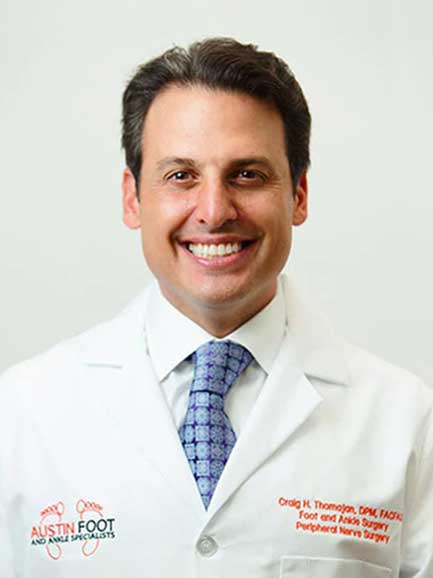Platelet-Rich Plasma (PRP) therapy can be an effective way to treat chronic foot pain caused by a variety of conditions, including tendinitis, ligament sprains, plantar fasciitis, Achilles tendinopathy, and bursitis. This safe and non-invasive procedure uses platelets from your own blood to stimulate healing in damaged tissues, which helps reduce inflammation and improve recovery time. Before undergoing any treatment for your foot pain, it is essential to discuss all available options with your podiatrist to determine if PRP therapy is the right choice for your specific needs. 
How PRP Therapy Can Help Relieve Foot Pain
PRP therapy is a regenerative medical procedure that uses platelets from your own blood to stimulate healing. The platelets are mixed with a saline solution and injected into the affected area of the body. This triggers an inflammatory response that helps promote the damaged tissue's healing and regeneration. Additionally, because the platelets are derived from the patient's blood, there is no risk of allergic reaction or rejection.
Platelet-rich plasma contains growth factors that increase the production of new cells and promotes healing in damaged tissues. The injection stimulates collagen production, which helps strengthen weakened structures such as ligaments and tendons while reducing inflammation and pain. It also increases blood flow to the area, which helps improve tissue recovery time.
Benefits of PRP Therapy for Foot Pain
There are multiple benefits associated with PRP therapy for those suffering from chronic foot pain, including:
- Reduced inflammation. Injecting a high concentration of platelets directly into the affected area helps reduce inflammation quickly while stimulating cell regeneration, which can further expedite healing times.
- Pain relief. Injecting platelets into areas of chronic pain can also help provide relief by promoting natural healing processes within the body as well as reducing inflammation and swelling.
- Increased mobility. As your condition improves, this helps you get back on your feet faster and regain full mobility more quickly than with traditional treatments. Medications such as anti-inflammatories or opioids do not address underlying issues or promote natural healing processes the way PRP therapy does.
Conditions That Can Be Treated With PRP
PRP therapy is effective at relieving a wide range of foot problems and can be used to treat a variety of conditions that involve soft tissue or joint damage. Conditions that may be considered for PRP injections may include the following:
- Arthritis
- Achilles tendon injuries
- Sprains
- Plantar fasciitis
- Sports-related injuries
- Muscle injuries
In addition, PPR therapy can also be used to help ease post-operative pain.
What Should I Discuss With My Podiatrist?
Before undergoing any treatment for your foot pain, it is important to discuss all available options with your podiatrist. They will determine if PRP therapy is right for you based on the severity of your condition and any other factors that may influence the outcome of the treatment, such as age or health history. During this discussion, it’s important to ask questions about what to expect from treatment, so you know the kind of results you can expect after the procedure is complete.
PRP therapy typically consists of two to three treatments spaced several weeks apart for best results. You can expect some soreness around the injection site, but this should subside within one to two days. Remember that full recovery times vary depending on the individual, but most patients report feeling significant improvement within six to twelve weeks following their last injection. Although some initial discomfort may occur during treatment sessions, most patients experience minimal side effects afterward.
Contact Us
If you are considering PRP therapy as a treatment option for your chronic foot pain, contact our experienced podiatrists at Austin Foot and Ankle Specialists for an evaluation today. We can determine if you are a candidate for this type of therapy and help get you back to living life pain free. To schedule an appointment, contact us online, or call our office at 512-328-8900.
|
Related links: |

